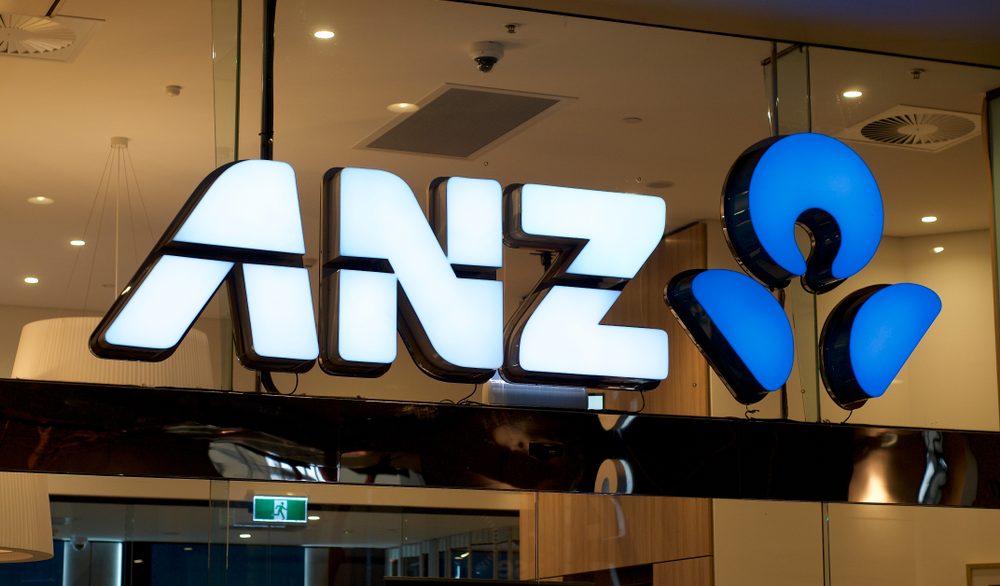ANZ Group Holdings Agrees to A$99 Million Settlement in Class Action Lawsuits Over Car Loan Practices and Superannuation Fees.
Australian banking giant ANZ Group Holdings has agreed to pay a total of A$99 million (£50.54 million) to settle two major class action lawsuits filed against it in 2020.
The lawsuits, which focus on allegations related to ANZ’s car loan commission practices and superannuation fees, are still pending court approval.
Car Loan Commission Case: A$85 Million Settlement
The first class action stems from ANZ’s practices related to car loans facilitated under its credit license between 2011 and March 2016. The lawsuit alleges that ANZ allowed car dealers to set interest rates and loan terms independently through a "flex commission" scheme. This practice led to higher interest rates and extended loan terms for customers, benefiting car dealers with higher commissions at the expense of borrowers.
The Australian Securities and Investments Commission (ASIC) had flagged this practice as unlawful in 2018, declaring it an exploitative arrangement that could harm consumers. ANZ has since agreed to pay A$85 million to resolve the matter, although the settlement does not represent an admission of liability.
Superannuation Fees Class Action: A$14 Million Settlement
The second lawsuit addresses claims related to ANZ’s superannuation products, specifically those offered by ANZ and its former subsidiary OnePath. The class action accuses the bank of breaching its trustee responsibilities by imposing excessive fees and making unnecessary commission payments to financial advisers, which potentially harmed the superannuation fund members.
To settle this case, ANZ has committed to a payment of A$14 million. The settlement aims to compensate affected customers, but similar to the car loan case, it does not signify an acknowledgment of liability by ANZ.
Legal Implications and Pending Court Approval
While ANZ has agreed to the settlement amounts, both cases are still pending approval by the court. If approved, these settlements will bring closure to two significant legal challenges facing the lender, although ANZ has made it clear that agreeing to the settlements does not imply any fault or wrongdoing on its part.
What This Means for ANZ Customers and Stakeholders
The settlements highlight the ongoing scrutiny of Australian financial institutions' lending and fee practices, particularly concerning consumer protection and financial transparency. As the legal landscape continues to evolve, ANZ’s decision to settle these lawsuits reflects a proactive approach to resolving potential liabilities, even as the bank maintains its stance of non-admission of fault.
For affected consumers, the settlements offer a potential path to compensation, while ANZ will likely continue to review and refine its internal practices to avoid similar issues in the future.
ANZ Group Holdings is an authorised non-operating holding company under the Australian Banking Act. It operates across six divisions: Australia Retail, Australia Commercial, Institutional, New Zealand, Pacific, and Group Centre.





















